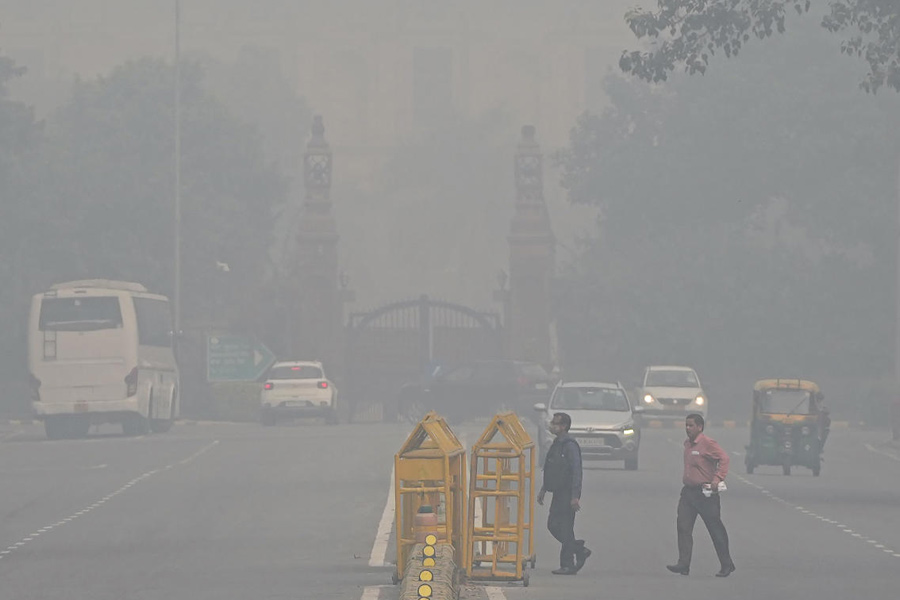Delhi Air Quality Plummets to ‘Severe’ Levels Ahead of Diwali Festivities

As Diwali approaches, air quality in multiple areas of Delhi has plummeted into the ‘severe’ category, raising concerns among residents. Data from the Central Pollution Control Board (CPCB) reported alarming Air Quality Index (AQI) levels early Sunday, with Jahangirpuri, Anand Vihar, Bawana, and Alipur recording AQIs of 414, 406, 404, and 403, respectively, by 8 a.m.
The overall AQI for Delhi reached a ‘very poor’ level at 349, a notable increase from the 277 recorded the previous day. The primary pollutant remains the hazardous particulate matter PM2.5, which poses serious health risks. Other areas, such as ITO and Chandni Chowk, reported AQIs of 367 and 320.
To combat indoor air pollution during this challenging time, residents can take the following steps:
10 Ways to Purify Indoor Air:
- Use Air Purifiers: Invest in HEPA air purifiers that can effectively filter out PM2.5 particles.
- Keep Windows Closed: Prevent outdoor pollutants from entering by keeping windows and doors shut.
- Avoid Burning Candles and Incense: These can release additional pollutants; opt for battery-operated alternatives.
- Use Natural Plants: Certain houseplants, like snake plants and peace lilies, can help improve air quality.
- Regular Cleaning: Dust and vacuum frequently to reduce allergens and particulate matter in your home.
- Ventilation: Use exhaust fans when cooking or showering to minimize moisture and contaminants.
- Limit Smoking Indoors: Tobacco smoke is a significant indoor pollutant; smoking outside can help improve indoor air quality.
- Reduce Use of Chemical Cleaners: Opt for natural cleaning solutions to decrease chemical exposure.
- Keep Indoor Humidity in Check: Use dehumidifiers to maintain humidity levels between 30-50%, reducing mold growth.
- Monitor Indoor Air Quality: Use indoor air quality monitors to keep track of pollutant levels and take action as needed.
During periods of high pollution, it’s crucial for residents to stay indoors as much as possible, especially those with respiratory conditions, and to wear masks if going outside is unavoidable.







